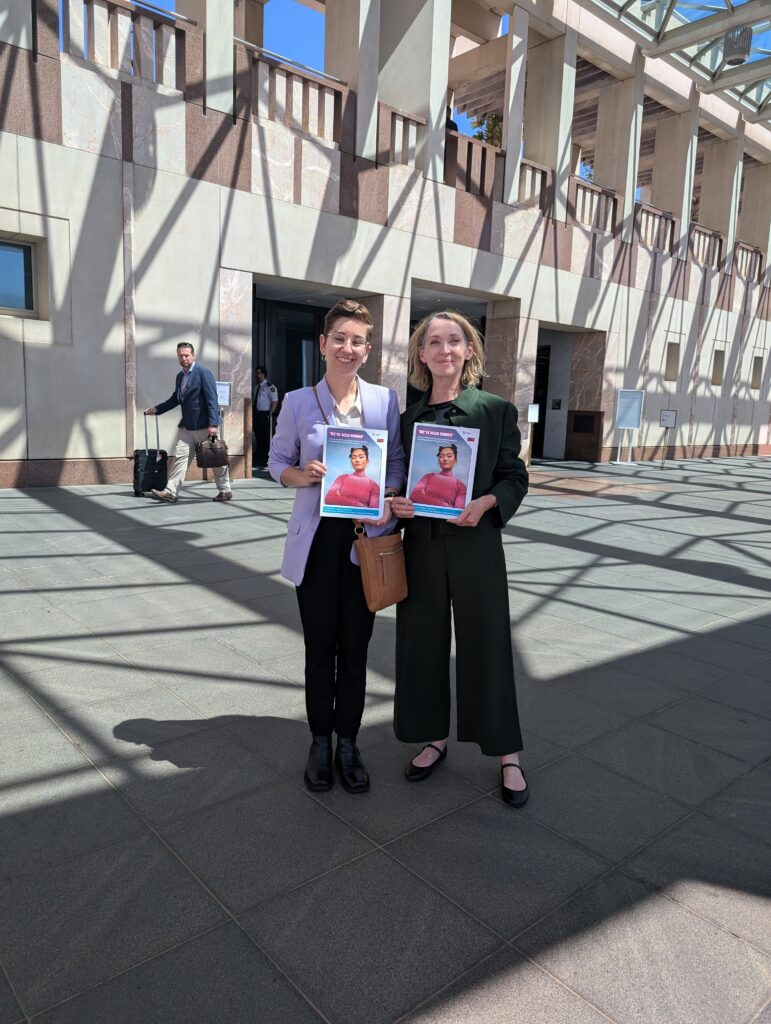“Overwhelmed, hopeless, trapped, crushed”. This is the devastating reality of how young women and gender diverse people feel as a result of Australia’s housing crisis.
A new report from Swinburne University and YWCA Australia released today, marking World Homelessness Day, has uncovered the gendered impact of unaffordable, inaccessible housing in this country.
“Young people described feeling overwhelmed, hopeless, trapped, and crushed by their housing situations,” Professor Stone said.
“For some, this stems from the daily challenge of simply making ends meet.”
Researchers from Swinburne University, including leader author Professor Wendy Stone, interviewed young women and gender diverse people aged 18-30 across Australia.
Participants in the research reported most facets of their lives – their personal safety, relationships, health and wellbeing, education, employment and ability to plan for the future – were impacted by the housing crisis.
A common theme amongst participants in the research was young women and gender diverse people experiencing health and wellbeing challenges from living in the family home as adults in order to save on rent.
Professor Stone said young women and gender diverse people living at home may be saving on rent, but are “paying with their mental health”.
“For others, the fear that they will never own a home – or if they do, it will require major sacrifice – had a negative impact on their mental health and wellbeing,” Professor Stone said.

Owning a home – or even renting a property – is becoming more and more out of reach, according to the participants in the research. The traditional life course that many young people feel pressured to live up to – in other words, the sense of being an “adult” – is no longer attainable.
Professor Stone said young people are “making huge trade-offs… just to be able to get by”.
“This isn’t just among those in more vulnerable population groups, it’s widespread around Australia,” she said.
Young women and gender diverse people also reported living in unsafe conditions, challenging household dynamics, moving away to find affordable housing, and difficulties with dating and romantic relationships.
Australia’s housing crisis is disproportionately impacting women. On average, women earn less than men, which means they are paying more of their income on rent or on a mortgage. Women are also the fastest growing cohort of people experiencing homelessness.
What needs to be done?
The report from Swinburne University and YWCA made several recommendations for governments to consider, including further investment in social housing and stronger rental regulation.
Housing policy has been furiously debated in Parliament recently. Last month, the Greens joined the Coalition to block Labor’s Homes for Australia Plan from passing in the Senate. The Greens have consistently advocated for negative gearing and capital gain tax concessions to be wiped. This is not part of Labor’s housing policy, resulting in the bill being blocked.
Parliament is sitting in Canberra this week, and Labor’s housing policy continues to be discussed in Question Time.
Other recommendations from Swinburne and YWCA’s report include more women-specific and LGBTQIA+ specific housing support, more widely available information about housing and education about housing in high school.
Above all, Professor Stone from Swinburne University said young people “urgently need a seat at the table” in discussions surrounding housing.
“Action is urgently needed from our nation’s leaders,” Professor Stone said. “We must ensure young women, young gender diverse people and young men, have access to affordable and safe housing.”


